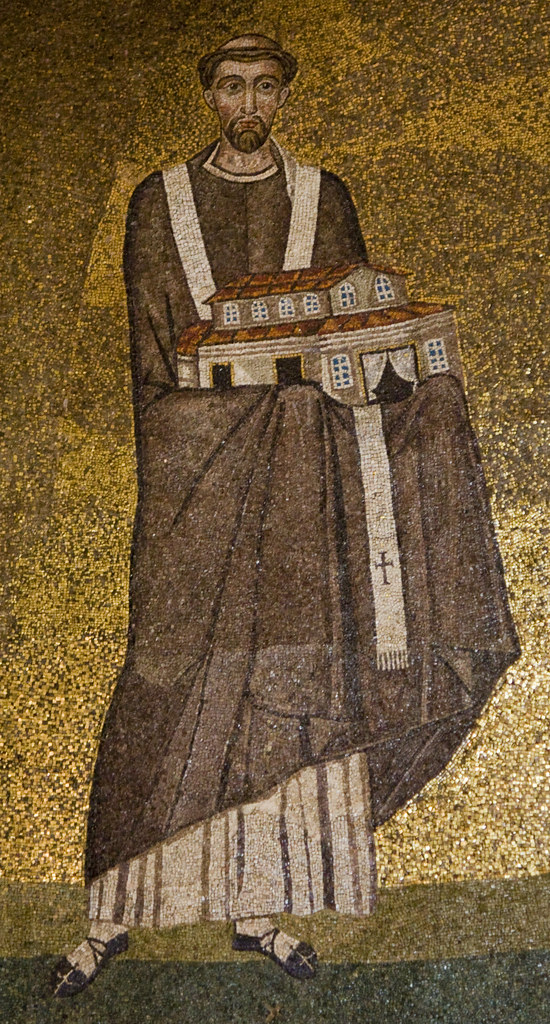
The Benedictine priest John Chapman gave a nuanced understanding of the condemnation of Pope Honorius. He corrects the false interpretations given by some Catholic apologists on the heretical Pope:
St. Agatho died before the conclusion of the council. The new pope, Leo II, had naturally no difficulty in giving to the decrees of the council the formal confirmation which the council asked from him, according to custom. The words about Honorius in his letter of confirmation, by which the council gets its ecumenical rank, are necessarily more important than the decree of the council itself: “We anathematize the inventors of the new error, that is, Theodore, Sergius, …and also Honorius, who did not attempt to sanctify this Apostolic Church with the teaching of Apostolic tradition, but by profane treachery permitted its purity to be polluted.” This appears to express exactly the mind of the council, only that the council avoided suggesting that Honorius disgraced the Roman Church. The last words of the quotation are given above as in the Greek of the letter, because great importance has been attached to them by a large number of Catholic apologists. Pennacchi, followed by Grisar, taught that by these words Leo II explicitly abrogated the condemnation for heresy by the council, and substituted a condemnation for negligence. Nothing, however, could be less explicit. Hefele, with many others before and after him, held that Leo II by the same words explained the sense in which the sentence of Honorius was to be understood. Such a distinction between the pope’s view and the council’s view is not justified by close examination of the facts. At best such a system of defence was exceedingly precarious, for the milder reading of the Latin is just as likely to be original: “but by profane treachery attempted to pollute its purity”. In this form Honorius is certainly not exculpated, yet the pope declares that he did not actually succeed in polluting the immaculate Roman Church. However, in his letter to the Spanish King Erwig, he has: “And with them Honorius, who allowed the unspotted rule of Apostolic tradition, which he received from his predecessors, to be tarnished.” To the Spanish bishops he explains his meaning: “With Honorius, who did not, as became the Apostolic authority, extinguish the flame of heretical teaching in its first beginning, but fostered it by his negligence.” That is, he did not insist on the “two operations”, but agreed with Sergius that the whole matter should be hushed up. Pope Honorius was subsequently included in the lists of heretics anathematized by the Trullan Synod, and by the seventh and eighth ecumenical councils without special remark; also in the oath taken by every new pope from the eighth century to the eleventh in the following words: “Together with Honorius, who added fuel to their wicked assertions” (Liber diurnus, ii, 9). It is clear that no Catholic has the right to defend Pope Honorius. He was a heretic, not in intention, but in fact; and he is to be considered to have been condemned in the sense in which Origen and Theodore of Mopsuestia, who died in Catholic communion, never having resisted the Church, have been condemned. But he was not condemned as a Monothelite, nor was Sergius. And it would be harsh to regard him as a “private heretic”, for he admittedly had excellent intentions.[1]
[1] https://www.newadvent.org/cathen/07452b.htm

Leave a Reply
You must be logged in to post a comment.